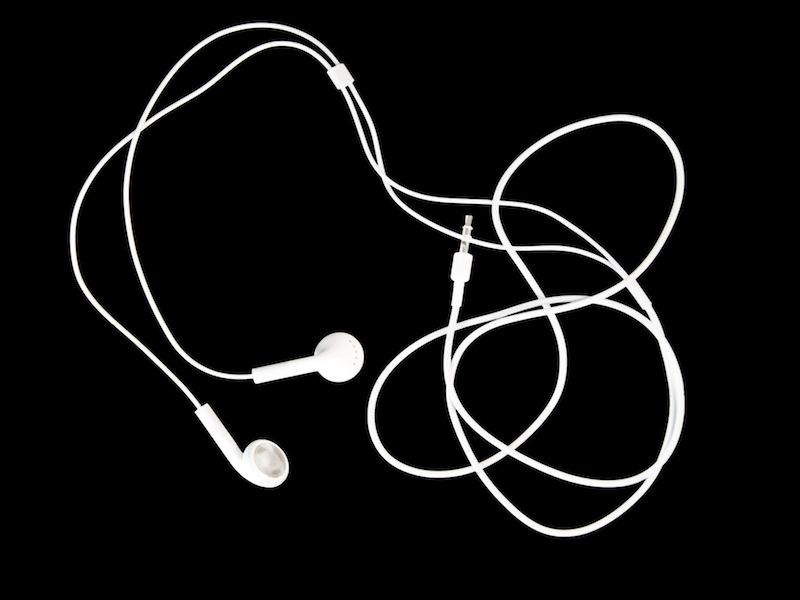
It’s not necessary to feel like your by yourself if you haven’t had a hearing exam since you were a youngster. It’s not usually part of a routine adult physical and sadly, we often treat hearing reactively rather than proactively. In fact, even when they realize they have hearing loss, the majority of people neglect it for as many as seven years which can severely affect your health. In fact, untreated hearing loss has been proven to increase your healthcare costs in the long run.
The good news, So that our hearing specialists to help you, we recommend a hearing exam which is easy, painless and supplies a wide range of important information. Both to find out if interventions such as hearing aids are helping you and also for diagnosing potential hearing problems. When you were younger, you might recall the audiometry test from school, but a full hearing test will give you a better understanding of your hearing without a sticker or a lollipop.
While you may not give the state of hearing as much attention as you do the health of your teeth or your eyes, it is important that you routinely get your hearing checked. It can be a considerable time before you recognize that there is a problem with your hearing. Hearing loss usually happens gradually, and the earlier you recognize a problem with your hearing, the sooner you might be able to deal with it.
How do You Know When You Should be Examined?
Normally the hospital will screen newborns for hearing loss before they release them. Teenagers should be tested during routine checkups with their doctors and children should have formal hearing tests at the ages of 4, 5, 6, 8 and 10 years old according to The American Academy of Pediatrics.
It’s suggested that if you are between the ages of 18 and 49, you get your hearing checked every five years and then, as you get older, more often. You need to get tested every three years if you are between 46 and 60 years old and then every two years after you turn 60. But don’t allow that to stop you. The frequency with which you should get checked will ultimately depend on your specific situation. If you notice your hearing isn’t as good as it used to be, you should have it checked immediately. Neglected hearing loss has been linked to mental decline, depression and a greater risk of falls and other health issues. It can also influence your relationships and your ability to do work effectively.
There are also some scenarios in which you should get a hearing test as soon as you can to address hearing loss that could get worse. The following scenarios indicate that you need to get a hearing test immediately:
- Asking people to repeat themselves is something you have to do constantly
- Your ears have constant ringing in them
- Your ear was infected, or there was a buildup of earwax
- You are unable to hear conversations, particularly when in crowded areas
- You are experiencing vertigo
- It is difficult to pinpoint where sounds are coming from
Another factor is whether you are at a greater risk for hearing loss. For example, if hearing loss runs in your family or you are exposed to loud noises regularly you should get your hearing examined more frequently.
There are also over 200 ototoxic medicines. These drugs can be very harmful for your hearing and they range from some antibiotics to aspirin. In order to make certain none of your medications are affecting your ears, consult your doctor. Think about getting your hearing tested more often in order to address any hearing loss immediately if you are using any ototoxic medications.
Also, think about how your habits might be impacting your hearing loss. Frequently using your earbuds? There’s been a significant rise in younger people who have hearing loss, which many experts connect to the increased use of earbuds and other headsets. Your ears can also be significantly harmed by machinery, shows, or loud concerts. Schedule your hearing exam today if it’s time for you to get your hearing tested.
